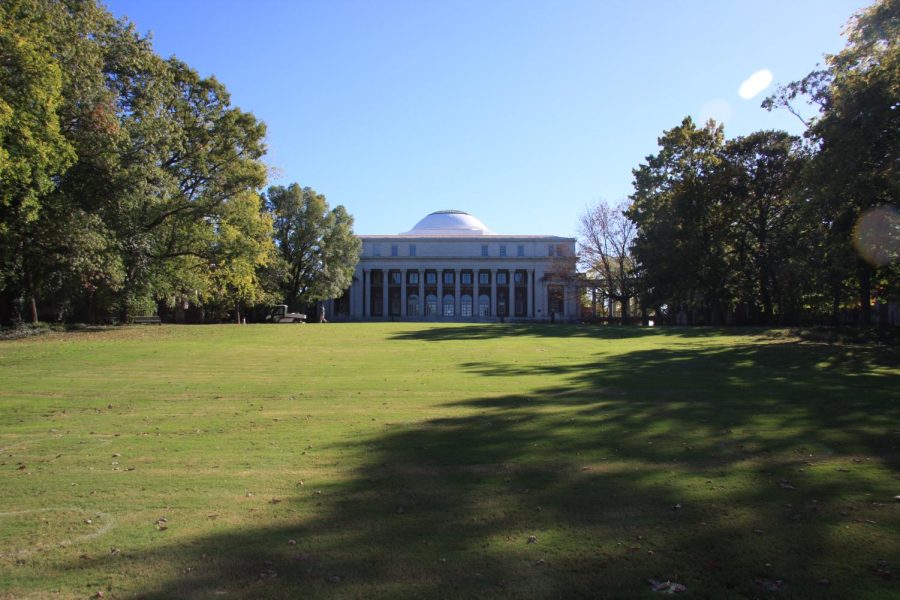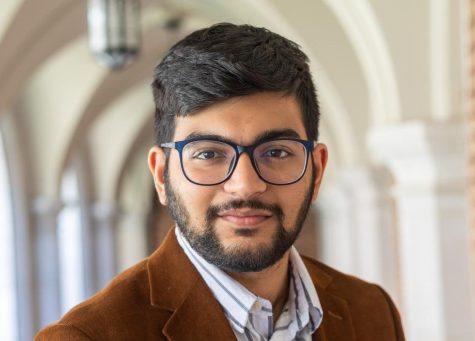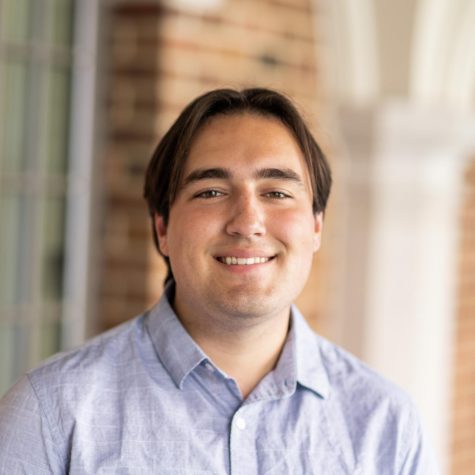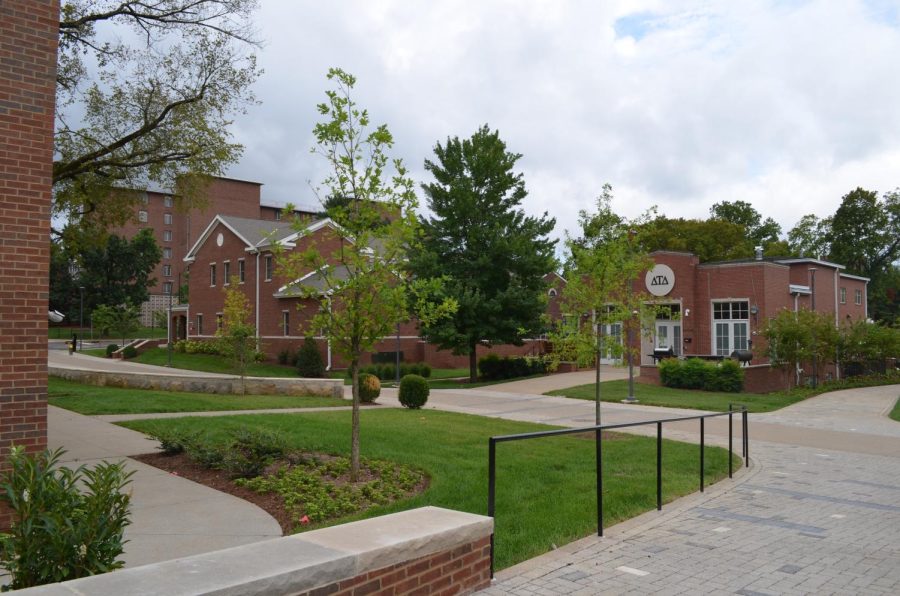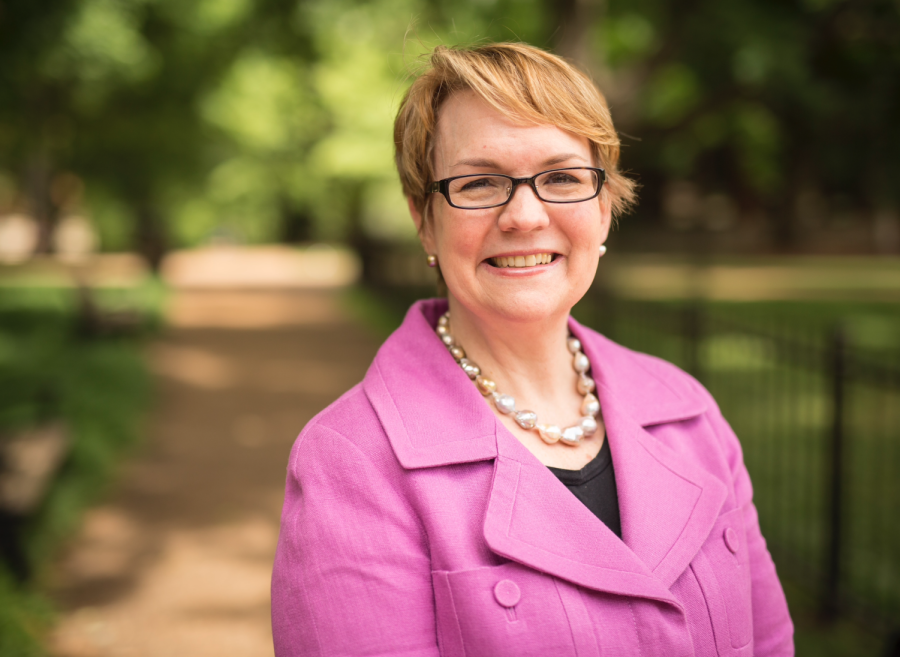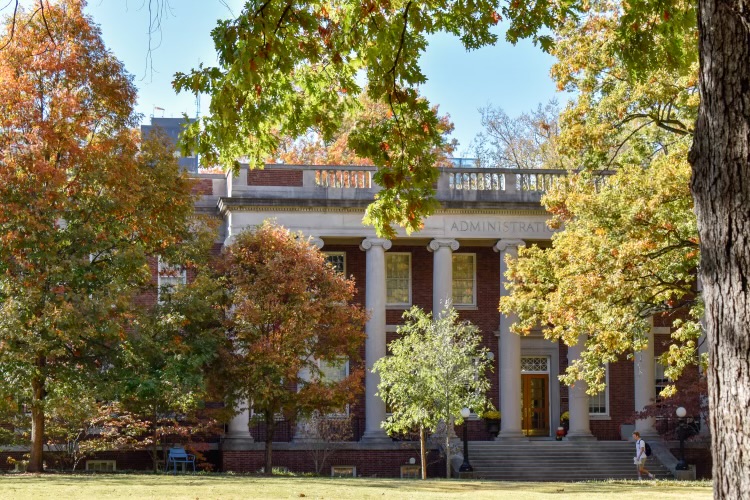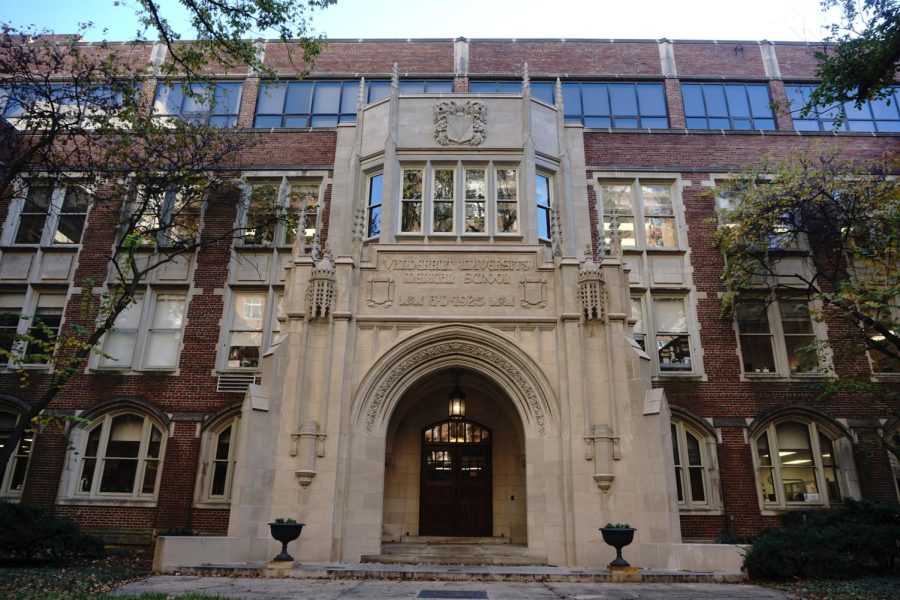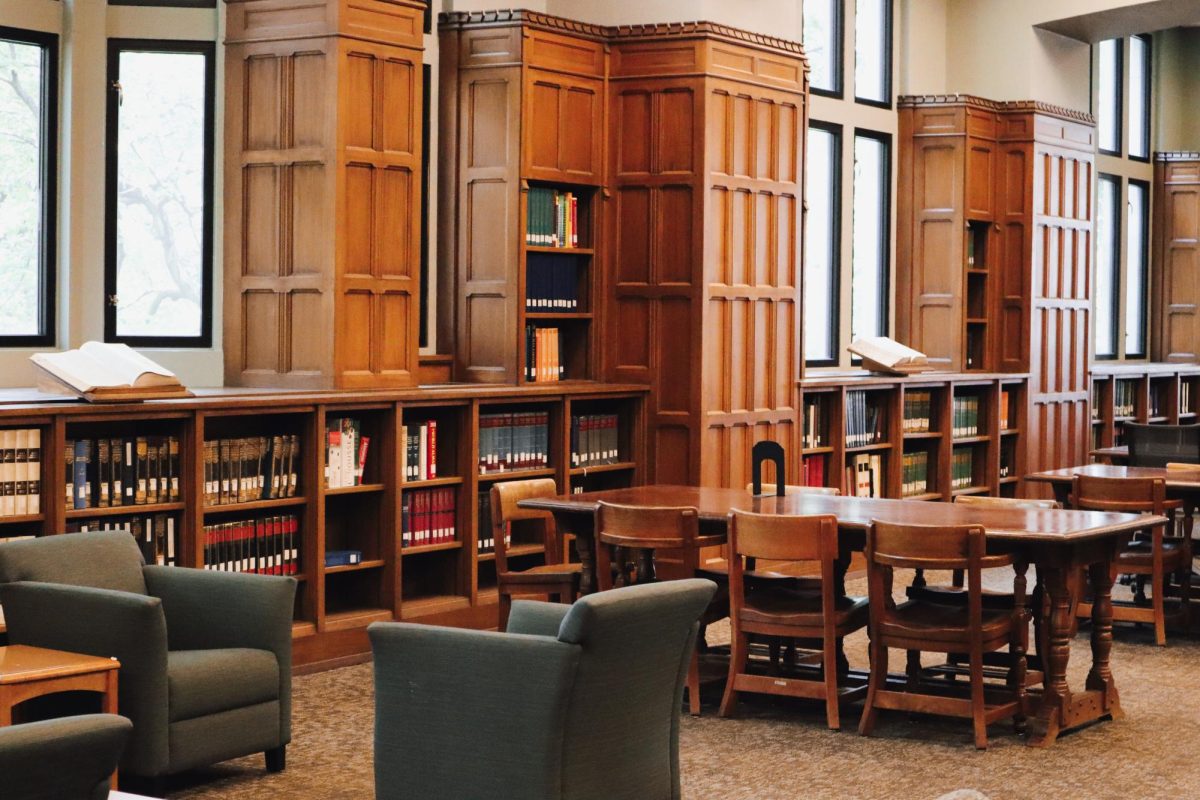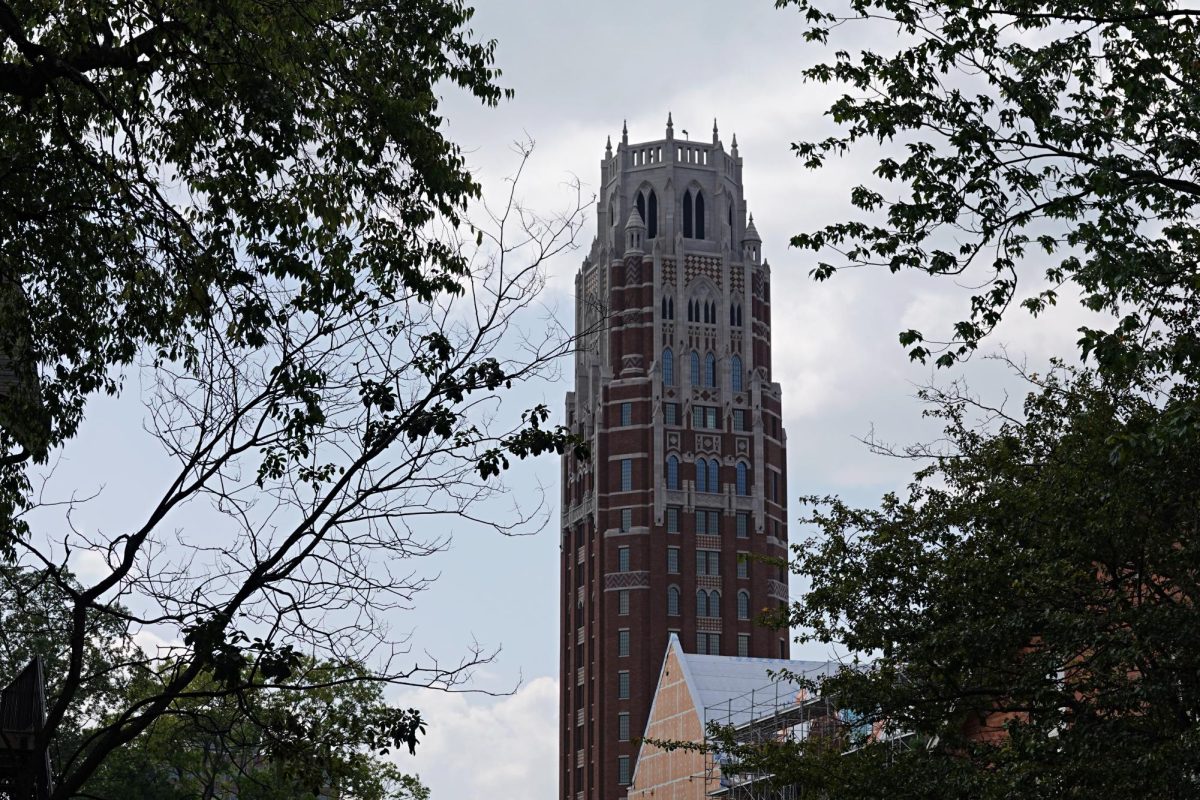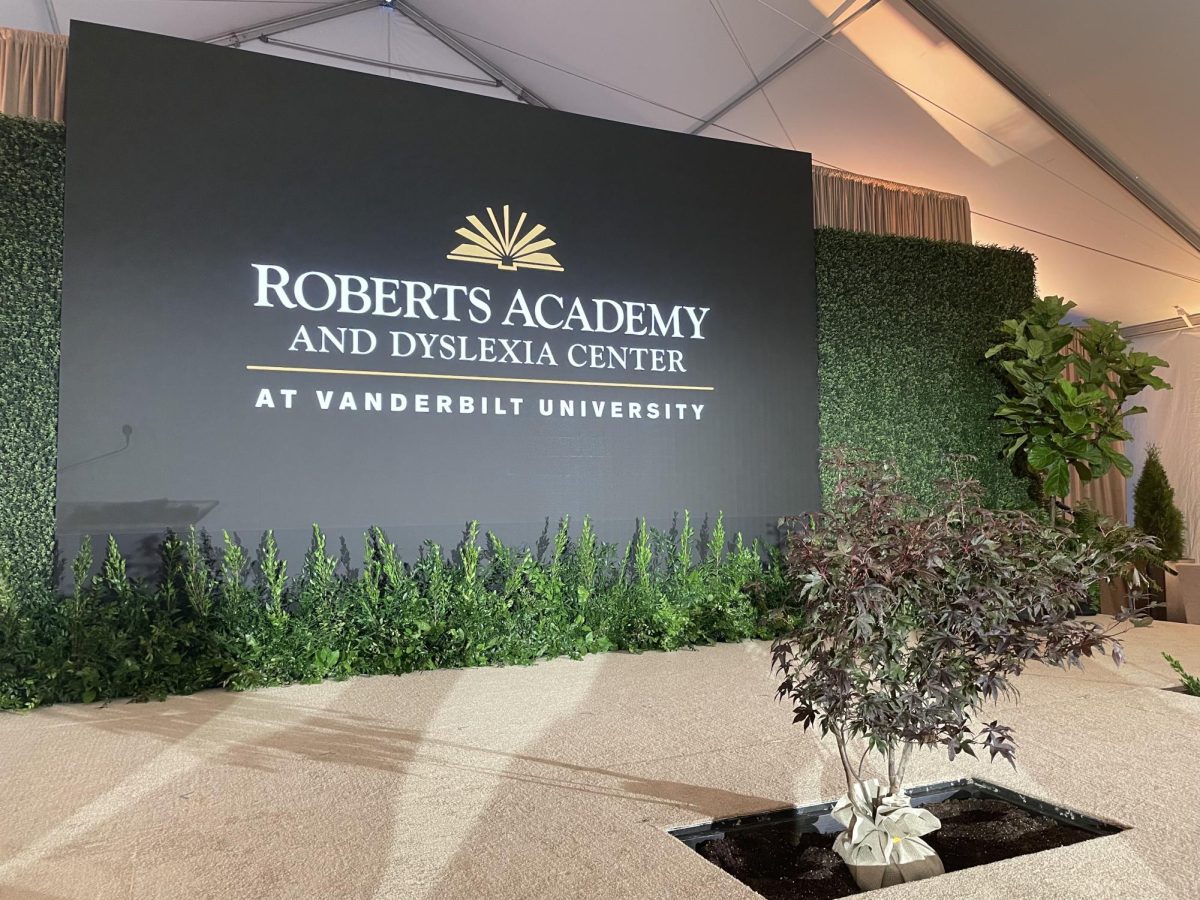July 1 marked the 43rd anniversary of Peabody College’s merger with Vanderbilt University.
Peabody College, Vanderbilt’s most recently added school, was a reputable teaching institute even before it joined the university. The college was a separate entity until 1979 and ran on funds provided by George Peabody.
Davidson Academy, the country’s 15th college, was created in 1785 and became the University of Nashville in 1827. George Peabody created the Peabody Educational Fund in 1867 and as a result, the Normal School was founded in 1875. It was affiliated with the University of Nashville and later renamed Peabody College in 1889.
George Peabody was a philanthropist whose work stretched all the way to London, where he created Peabody Homes to shelter the homeless. According to Sharon Shields, senior associate dean at Peabody College, the million-dollar fund to Peabody College was just another act of benevolence by Peabody.
“His philanthropy was a gift to educate individuals in the south,” Shields said. “He saw a real gap that most of our colleges were in the northeast, and he realized that…educational opportunities were missing in the southern states.”
By 1915, Peabody had 1,916 students, increasing to 4,019 in 1927.
Peabody College offered a wide range of disciplines and degrees. While it was a liberal arts teaching institution, Peabody College addressed domestic and agricultural interests in 1914 with the creation of the Knapp School of Country Life. This school within Peabody College prepared teachers in disciplines relevant to the rural, early twentieth century south, such as agriculture, rural education, rural economy and home economics.
“If you really delve into that history, you see that the education was both vocational and educational,” Shields said.
Peabody College developed many other disciplines after World War II (WWII) and the Korean War, such as education, music, health and physical education and liberal arts such as science, math and English. The Peabody Demonstration School, a high school within Peabody College, was also established in 1915.
Around the 1970s, as other areas started to develop and offer more opportunities due to technological innovation and the availability of more jobs for skilled laborers and women, Peabody College faced lower student enrollment and consequential financial problems.
Merging with another institution seemed to be the best solution to these issues. A number of universities were considered by the Peabody College administration—such as Tennessee State University—but it eventually joined Vanderbilt University as the Peabody College of Education and Human Development.
According to Shields, the merger was a “reciprocal relationship” between Vanderbilt and Peabody College. Although Peabody College had financial problems that Vanderbilt would need to alleviate, Vanderbilt saw Peabody College as a positive addition to the university based on its reputation garnered from its post-WWII and Korean War program expansions.
The collaboration with Peabody College also gave Vanderbilt additional buildings and land. Buildings on this land now include the Wyatt Center, Peabody Library, 6 Magnolia Circle and Mayborn Hall, Jesup and Hobbs Buildings, the Commons Center, the Commons dorms and the Susan Gray School
Peabody College’s merger with Vanderbilt led to the elimination of many departments, such as health and physical education and music. This change resulted in the loss of 40 tenured Peabody faculty members by 1983.
Shields stated that main campus and Peabody campus were referred to as different entities before Chancellor Gordon Gee initiated the construction of on-campus walking bridges to connect these parts in the early 2000s.
“Those were very symbolic moves to break down those barriers to bridge across the street,” Shields said.
Today, Peabody College’s Next Steps program, which provides a post-secondary school experience for students with special needs, was ranked on the 2022 US News list as the top special education program in the country. Recently, it was also the recipient of the Tennessee Believes Grant, which was used to fund the new Self-Advocates in Leadership (SAIL) major.
Shields said that these accomplishments have been made possible due to Dean of Peabody College Camila Benbow’s leadership. Benbow has been the dean of Peabody College since 1998.
“[Benbow] has been a wonderful leader at Peabody and has helped us to really raise the bar [and] achieve that prominence and prestige,” Shields said.“We have been able to attract a great deal of talented faculty to this college and it continues the tradition of exceptional faculty that has been here since the beginning.”
Students believe that Peabody continues to act as a resourceful community.
“I’ve enjoyed being a part of Peabody,” sophomore Sofie Farmer said. “There is a strong community present within Peabody. Upperclassmen and professors are always helpful and go above and beyond to accommodate and help me. Peabody definitely does a great job of listening and responding to student needs.”
According to sophomore Rebecca Brown, Peabody does a great job of educating students.
“Peabody is a place where innovation and compassion collide to create a well-rounded education for its students,” Brown said. “I can say with full confidence that I feel prepared to make a positive impact on society after taking classes through Peabody.”











